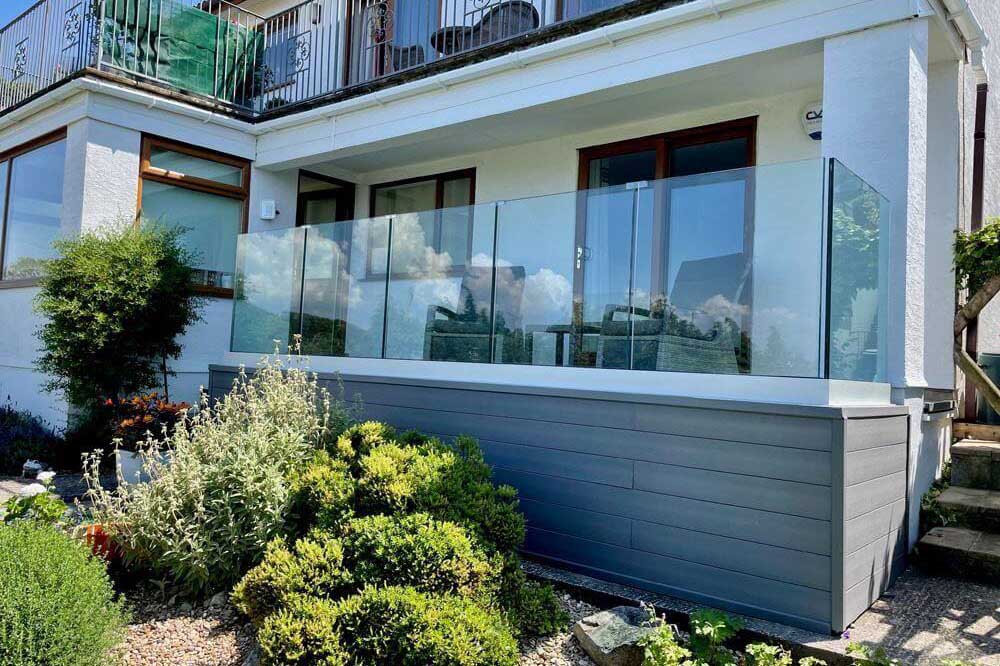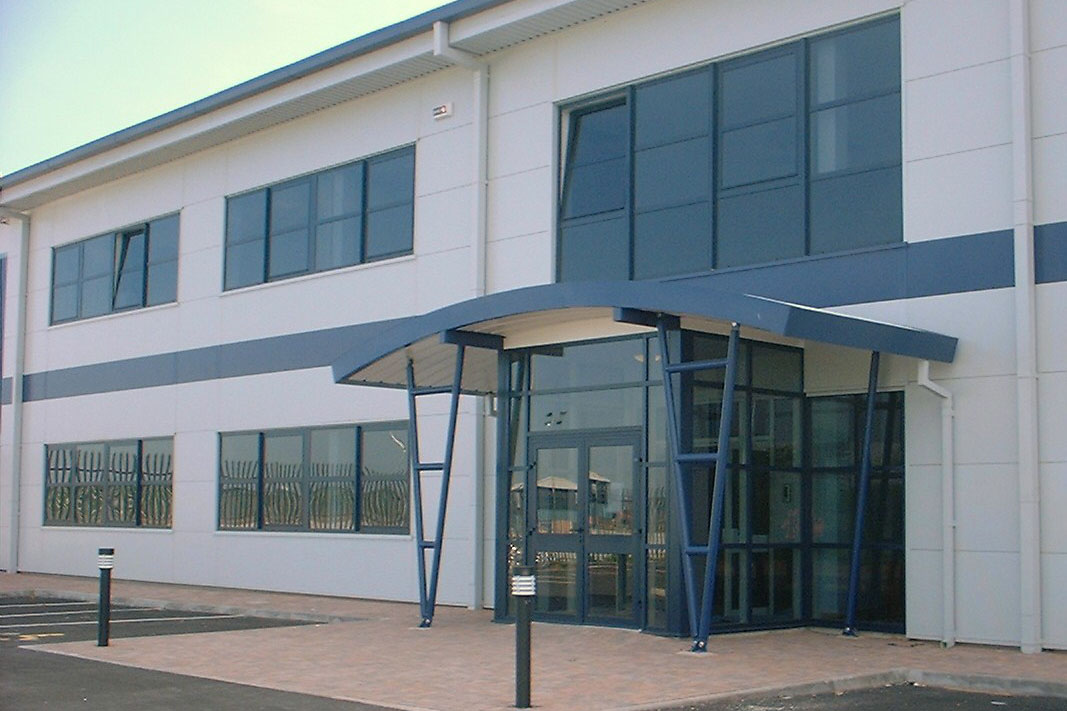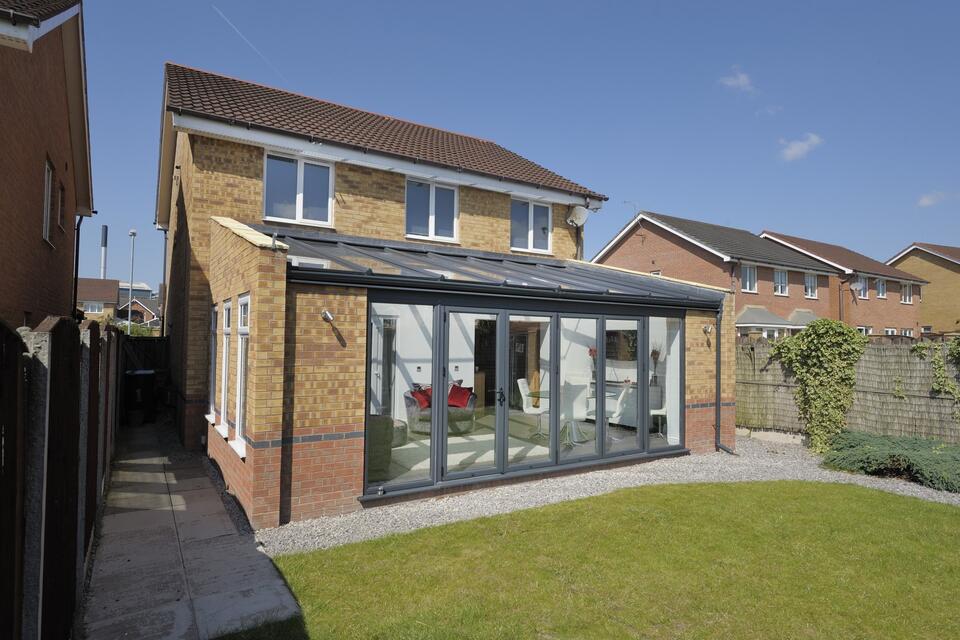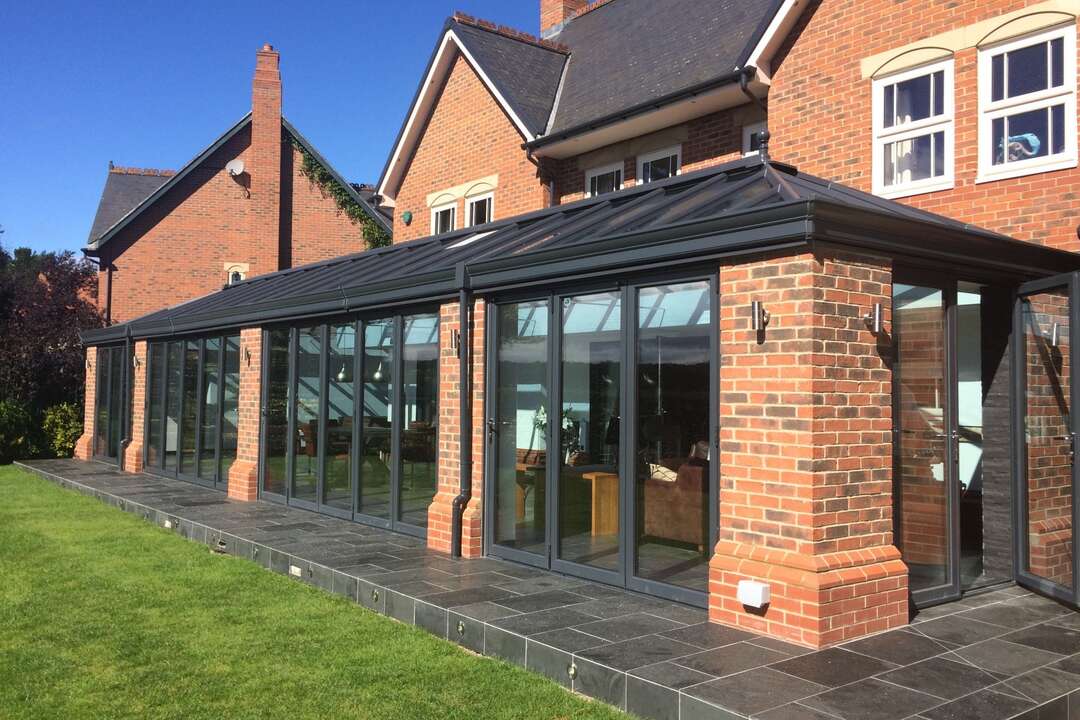- What is Double Glazing?
- Types of Double Glazing Windows
- How Does Double-Glazing Improve Energy Efficiency?
- Double Glazing vs. Single Glazing: Why Upgrade?
- Installation Process of Double-Glazing
- Maintenance Tips for Double Glazing
- Common Myths About Double-Glazing
- Frequently Asked Questions (FAQs)
- Final Thoughts
Double-glazing has revolutionized the way homeowners enhance energy efficiency, security, and comfort. Whether you’re looking to reduce heating costs, minimize outside noise, or add value to your property, double-glazing is a smart investment. In this blog, we’ll explore the benefits, types, installation process, and maintenance of double glazing to help you make an informed decision.
What is Double Glazing?
Double-glazing refers to windows and doors with two panes of glass separated by an insulating layer of air or gas, typically argon. This design significantly reduces heat transfer, improving thermal efficiency and soundproofing.
Why is Double Glazing Important?
- Energy Efficiency – Helps retain indoor heat, lowering heating bills.
- Noise Reduction – Creates a sound barrier against external noise.
- Security Enhancement – Harder to break than single-glazed windows.
- Condensation Prevention – Reduces moisture buildup inside windows.
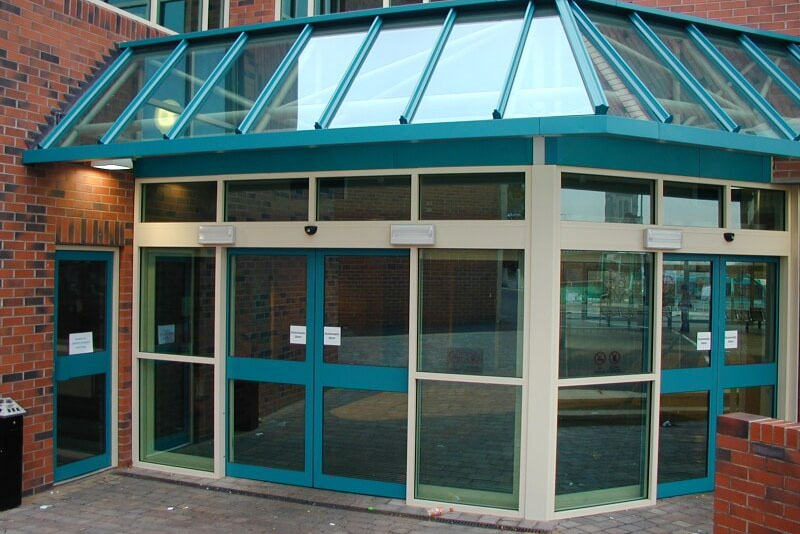
Types of Double Glazing Windows
Choosing the right double-glazing depends on your needs, budget, and home aesthetics. Here are the most common types:
1. uPVC Double-Glazing
- Most affordable and energy-efficient.
- Low maintenance and weather-resistant.
2. Wooden Double-Glazing
- Offers a classic, elegant look.
- Requires regular maintenance but lasts for decades.
3. Aluminium Double-Glazing
- Modern and durable, with a sleek design.
- Resistant to corrosion and ideal for contemporary homes.
4. Triple Glazing
- An advanced version of double-glazing with three panes for superior insulation.
- Ideal for extreme weather conditions.
How Does Double-Glazing Improve Energy Efficiency?
The insulating gap between the two panes in double glazing minimizes heat loss. This means:
✔ Your home stays warmer in winter and cooler in summer.
✔ You consume less energy, lowering your carbon footprint.
✔ Reduced dependence on heating and air conditioning.
Double Glazing vs. Single Glazing: Why Upgrade?
| Feature | Single Glazing | Double-Glazing |
|---|---|---|
| Energy Efficiency | Poor | Excellent |
| Noise Reduction | Minimal | High |
| Security | Low | Strong |
| Condensation | High Risk | Minimal |
| Cost Savings | No Savings | Significant Savings |
Switching to double-glazing is an investment that pays off in long-term energy savings and improved comfort.
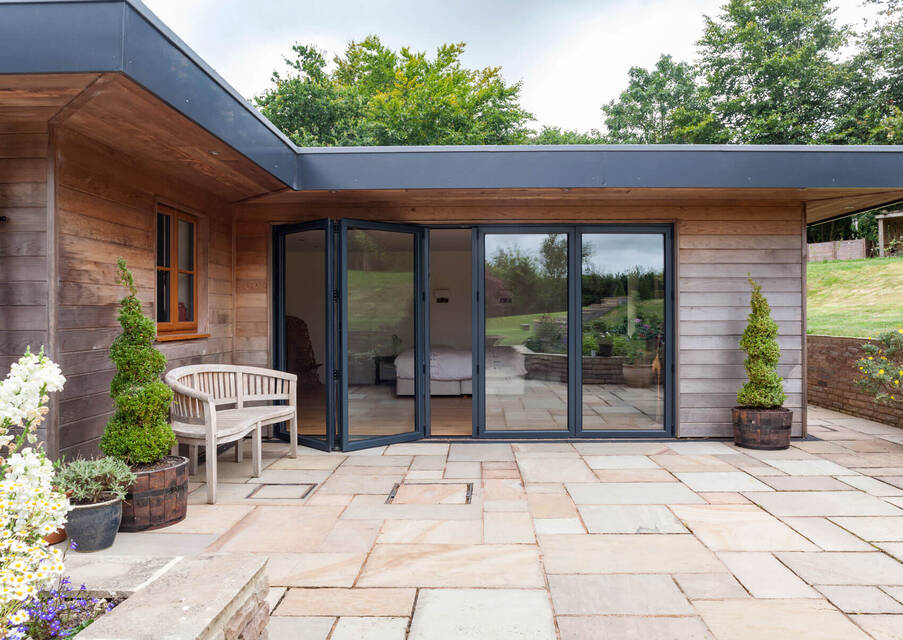
Installation Process of Double-Glazing
Installing double glazing requires expert handling to ensure effectiveness. The process typically includes:
- Assessment & Measurement – Professionals evaluate your current windows and measure for perfect fitting.
- Choosing the Right Material – Decide on uPVC, wood, or aluminium frames.
- Window Removal – The old windows are safely removed.
- Installation of Double Glazed Units – The new windows are installed and sealed properly.
- Final Inspection – Ensuring no leaks, drafts, or installation faults.
Maintenance Tips for Double Glazing
To extend the lifespan of your double-glazing, follow these simple maintenance tips:
✔ Regular Cleaning – Wipe down the glass with a microfiber cloth and mild detergent.
✔ Check for Condensation – If moisture appears inside the panes, a seal failure may require repair.
✔ Inspect Seals and Locks – Ensure there are no cracks or drafts.
✔ Lubricate Hinges & Locks – Prevents stiffness and improves functionality.
Common Myths About Double-Glazing
❌ Myth 1: Double-Glazing is Too Expensive
✔ Reality: While the initial cost is higher, it saves money in energy bills and property value.
❌ Myth 2: Double-Glazing Doesn’t Make a Difference in Noise Reduction
✔ Reality: It significantly reduces outside noise, making your home quieter.
❌ Myth 3: Only New Homes Can Have Double-Glazing
✔ Reality: Older homes can be retrofitted with double-glazing without losing their charm.
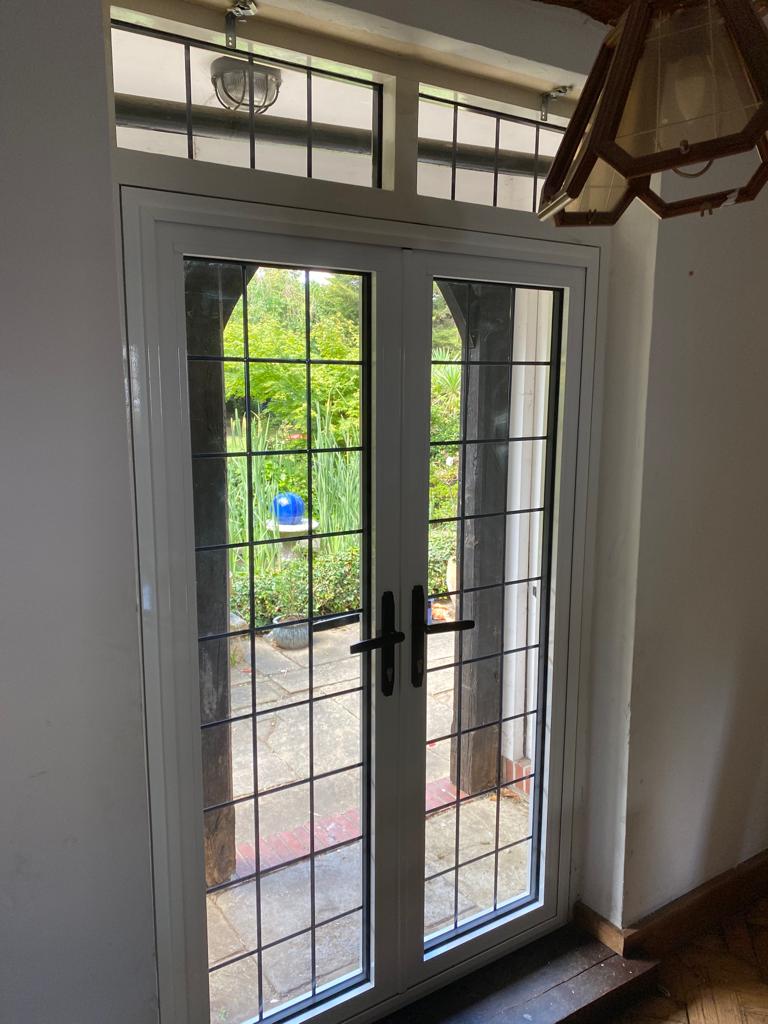
Frequently Asked Questions (FAQs)
1. How long does double glazing last?
Most double-glazing windows last between 20 to 35 years, depending on material and maintenance.
2. Can I replace single glazing with double-glazing?
Yes, most existing windows can be upgraded to double-glazing.
3. Does double glazing improve home value?
Absolutely! It enhances energy efficiency and security, making properties more attractive to buyers.
4. How much can I save on energy bills?
On average, homeowners save up to 30% on heating costs with double-glazing.
5. Is triple glazing better than double-glazing?
Triple glazing offers extra insulation, but for most UK homes, double-glazing provides sufficient efficiency.
6. Does double-glazing prevent condensation?
Yes, it significantly reduces condensation buildup inside the home.
Final Thoughts
Investing in double glazing is one of the smartest decisions for homeowners looking to improve energy efficiency, security, and overall comfort. Whether you’re upgrading an existing home or building a new one, double-glazing offers long-term benefits that outweigh the initial cost.

